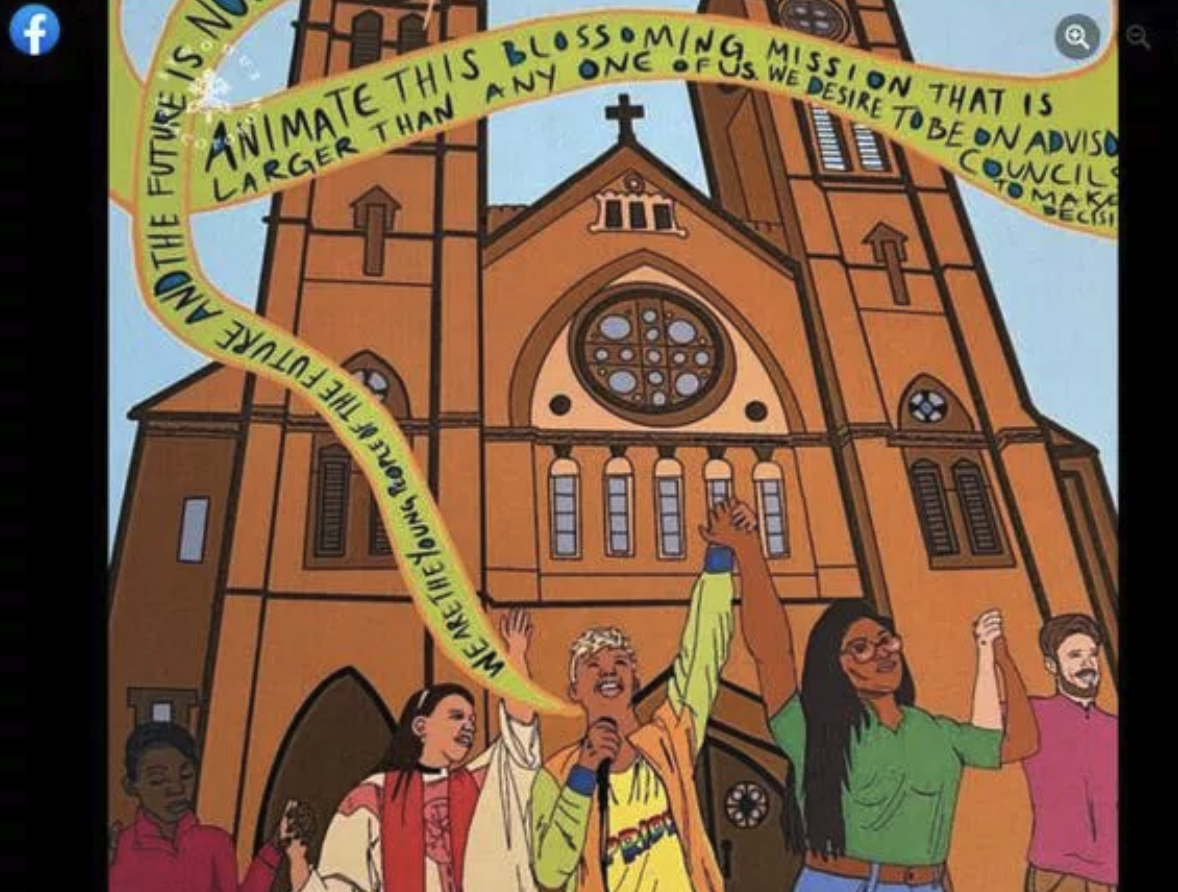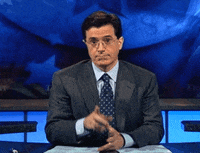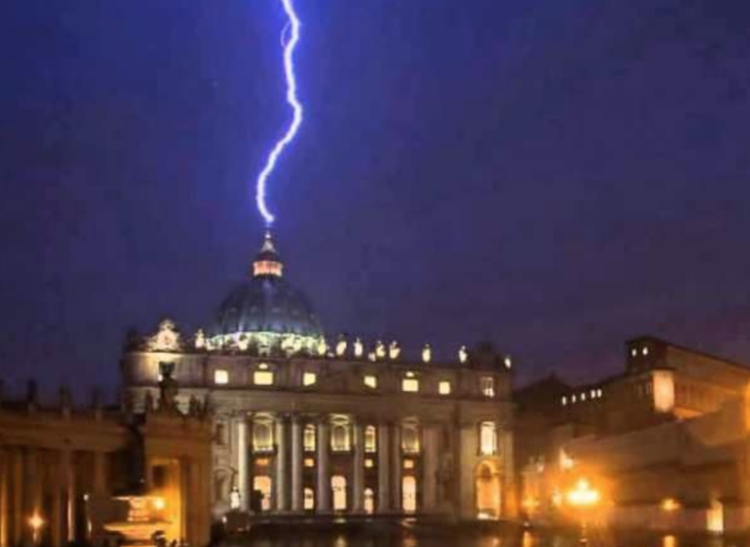In the Sermon on the Mount, Jesus proclaimed, "Judge not, lest you be judged."
Early in his papacy, Pope Francis told journalists: " "If someone is gay and he searches for the Lord and has good will, who am I to judge?"
Citing those words, while expressing hope for future Synod on Synodality developments, a German bishop has officially asked his clergy to start performing rites blessing Catholics in same-sex relationships. He also included couples with secular divorces, as opposed to church annulments, who are then married outside the church.
"Both with regard to believers whose marriages have broken down and who have remarried, and especially with regard to same-sex oriented people, it is urgently time – especially against the background of a long history of deep hurt – for a different perspective," wrote Bishop Karl-Heinz Wiesemann of the Diocese of Speyer (.pdf here), in a translation from the German posted by the Catholic Conclave weblog.
The goal, he added, is "a pastoral attitude … as many of you have been practicing for a long time. That's why I campaigned for a reassessment of homosexuality in church teaching in the Synodal Path and also voted for the possibility of blessing ceremonies for same-sex couples. I stand by that."
The bishop stressed that new rites will not be "celebrating a sacrament, but rather about a blessing." This change in diocesan policy means that "no one who carries out such blessings has to fear sanctions."
Performing these blessings will require "empathy and discretion," wrote Wiesemann.
"It may be that the domestic setting (possibly also with the blessing of the shared apartment) is more suitable. … A blessing ceremony can also take place in the church," noted the bishop. "The celebration must differ in words and symbols from a church wedding and, as an act of blessing, should expressly reinforce the love, commitment and mutual responsibility that exists in the couple's relationship."
At the end of recent Vatican meetings, Synod on Synodality participants released a 40-page report that didn't mention changes on hot-button topics such as married priests, the ordination of women as deacons and a range of LGBTQ+ issues.
However, Bishop George Bätzing, president of the German bishops, noted signs of possible shifts in future synod sessions — even on "gender identity or sexual orientation" disputes that "raise new questions."










